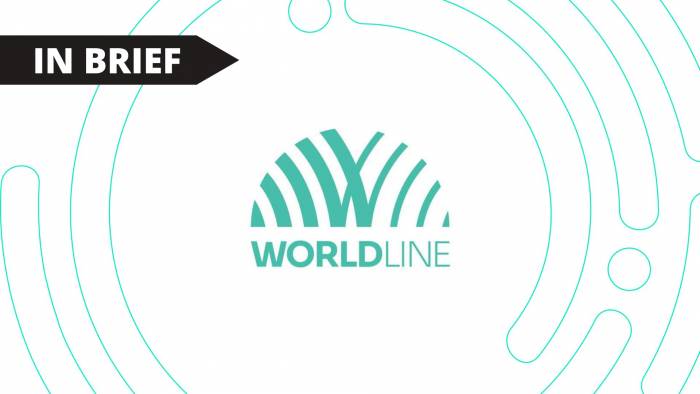Worldline has today published a landmark life cycle analysis study conducted in Belgium which shows the huge potential of digital payments to decarbonise payment systems.
- The study shows that digital payments emit 14% less CO2e than cash transactions in stores, with digital payments generating 2.45g CO2e compared to 2.8g for cash.
- Recommendations from the report include measures like eliminating paper receipts, virtualising payment cards, and adopting smartphone-based payment solutions to further reduce the carbon footprint of payment transactions, with potential emissions cuts of up to 70% for in-store digital payments and up to 93% for online transactions.
- The report also estimates the CO2e emissions of online payment transactions at 3g and proposes measures to reduce their carbon footprint, primarily through the use of smartphones.
What does this mean?
Factoring in the supply chain, cash can emit up to 15 times more CO2e per transaction, reaching 36.8g. Recommendations include eliminating paper receipts, virtualising payment cards, and adopting smartphone-based solutions, potentially cutting emissions by 70% for in-store payments and 93% for online transactions. Professor Geoffron, professor of economics at Paris Dauphine-PSL University, highlights eco-design and energy efficiency, while Worldline's CSR Officer, Sebastien Mandron, emphasises collective action to optimise digital payment's CO2 footprint while maintaining security and convenience.








